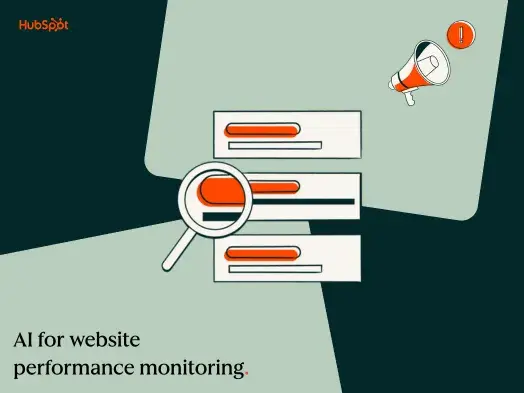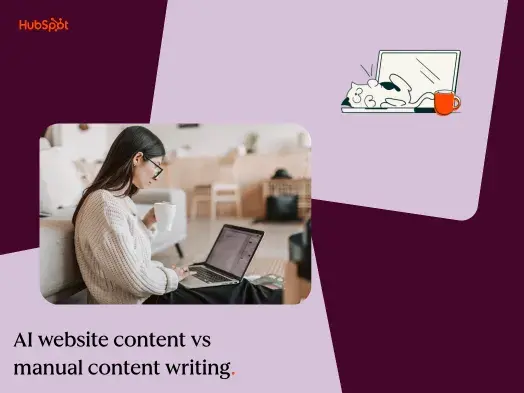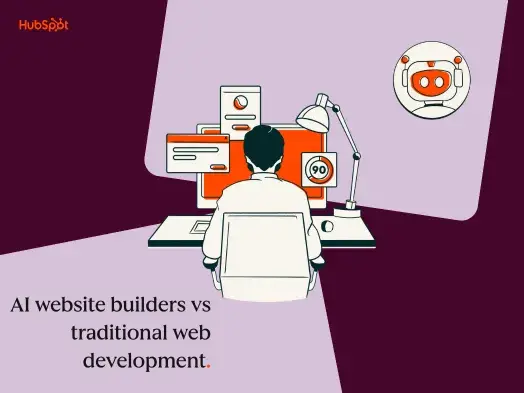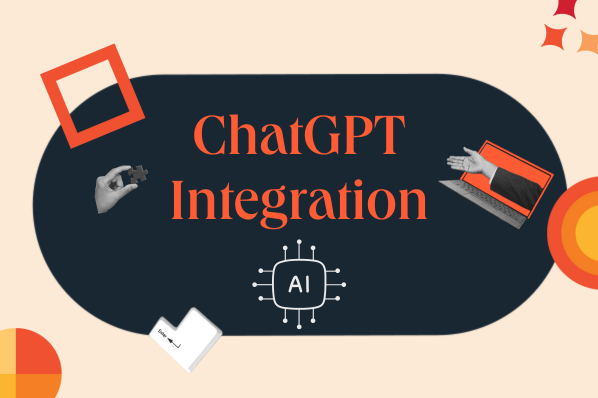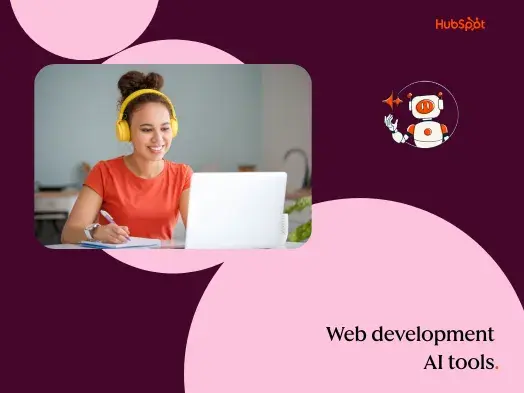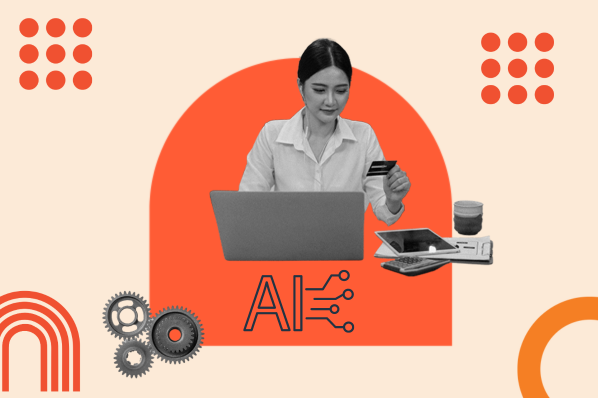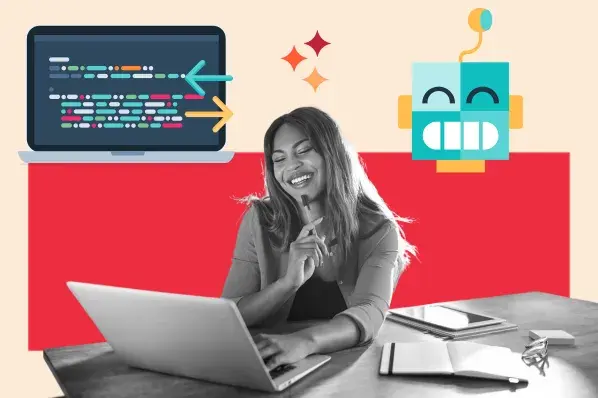The Promise and Potential of AI Code Generation:
AI code generation tools have gained attention for their ability to automate repetitive coding tasks, accelerate development processes, and increase productivity.
These tools analyze existing codebases, generate code snippets, and even write complete functions based on patterns and templates. At first glance, this might lead some to speculate that developers will soon become obsolete. However, delving deeper reveals a different reality.
Understanding the Limits of AI:
1. Context and Creativity:
AI struggles to grasp the full context of a programming problem. While it may efficiently generate code based on predetermined logic and syntax rules, it has difficulty understanding the intricate nuances and complexities of real-world problems that developers uniquely comprehend. Programming often requires creative problem-solving, considering user experiences, and adapting to unique project requirements. These aspects demand the human touch that AI currently struggles to replicate.
2. Ambiguity and Abstraction:
Code generation tools rely on clear and unambiguous inputs, leaving little room for abstraction or subjective decision-making. Programming often involves dealing with ambiguous requirements, prioritizing trade-offs, and making judgment calls. Harnessing these skills requires human expertise and intuition, which AI currently lacks.
3. Learning From Mistakes:
AI code generation tools learn patterns through existing codebases and try to mimic them. However, such learning is limited to what already exists. Developers, on the other hand, have the advantage of learning from mistakes, evolving their understanding, and continuously improving their coding practices. AI code generation tools cannot replicate this iterative learning process.
4. Unforeseen Context:
AI code generation can struggle when faced with new or uncommon situations that weren't present in the training data. It may produce suboptimal or erroneous code, requiring human intervention to rectify. Developers can adapt, learn new technologies, and handle situations that fall outside the realm of pre-defined patterns.
The Role of Developers in the AI Era:
Rather than fearing AI as a replacement, we should embrace it as a powerful tool that amplifies our abilities. Rather than being overwhelmed by algorithmic code generation, we can focus on higher-level tasks that require innate human skills. Developers will continue to push the boundaries of technology, discovering new solutions and bridging the gap between AI and human intellect.
The Future of AI and Programming
While AI code generation has undoubtedly made waves in automating certain aspects of software development, it still falls short of grasping the full scope of programming challenges. Ambiguity, creativity, and the ability to learn from mistakes are inherent strengths of human developers.
In the ever-evolving world of technology, we must embrace AI as a collaborative partner, leveraging its strengths while understanding its limitations. With our unique blend of problem-solving skills, creativity, and adaptability, developers will continue to be at the forefront of shaping the future of software development.
Artificial Intelligence


.png?height=613&width=1920)
